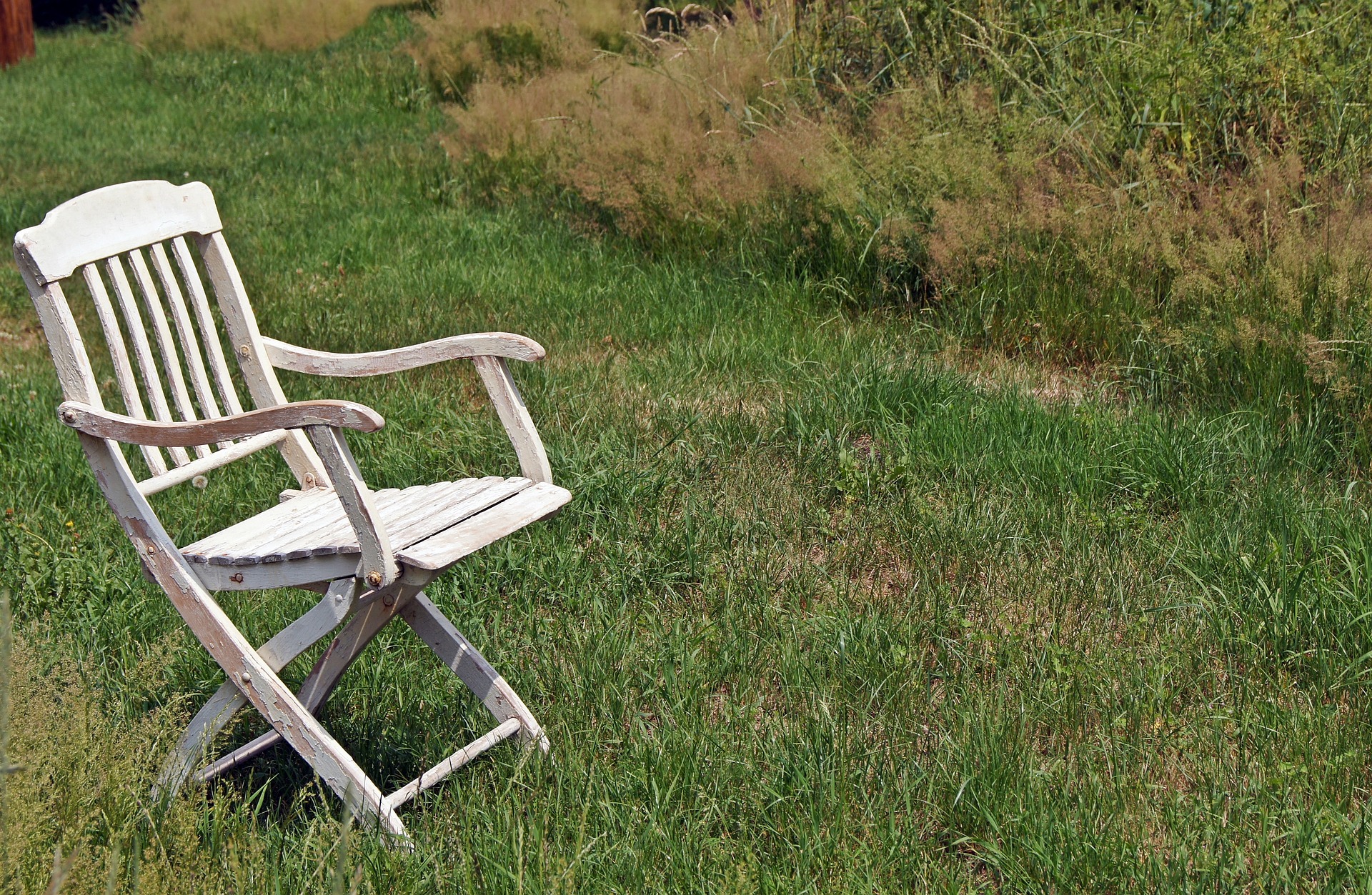The question is often asked, whether meditation is for everyone. We need to be guided by Abbot Chapman, who said: “Pray as you can, not as you can’t.” There are different equally valid ways of accessing the Divine. Work with the ‘Enneagram’ has emphasised that different personalities need specific environments to pray and relate best to particular ways of prayer. Meditation is only one way of getting in touch with the Divine. It is not the only way.
In the Christian tradition it is considered to be a complementary aspect that deepens and completes the whole of the spiritual discipline of prayer. Laurence Freeman says: “Meditation is the missing dimension of much Christian life today. It does not exclude other types of prayer and indeed deepens reverence for the sacraments and scripture.”
There are times, when meditation may be possible only, when the practitioner is accompanied by an experienced spiritual director/meditator or even a psychotherapist. I think this is advisable in people suffering from severe clinical depression or severe neuroses. Their consciousness is already flooded by emotions and the surfacing of further emotions may tip the balance, unless helped to understand the process of dealing with these emotions. Those suffering from a loss of self or severe fragmentation of their sense of self as in multiple personality disorders, would be well advised to seek psychiatric help as accompaniment to meditation.
Meditation is a spiritual discipline which, if practised seriously, can lead to a transformation of consciousness and a transformation of the whole person, a spiritual way to a deeper understanding of self, others, and the transpersonal Divine Reality. Only when practised as a spiritual discipline will it fundamentally change us from people living at the surface to fully alive human beings not prey to our surface distractions and emotions. That is what Jesus meant when he said: “I have come that they may have life, life in all its fullness.”
If this discipline is not followed ina serious and faithful way, the effect is only physiological, as the following example shows: There are two traditions of Zen meditation, one the Rinzai Sect who face the centre of the room and the other the Soto Sect who face the wall. There is a story: A Zen meditator who was visiting Japan entered the meditation hall of a Temple. He sat down, facing the centre, settled himself comfortable, took off his specs, to realise after a while that he was facing the wrong way and quickly turned to the wall. He sat in deep meditation for the proscribed period and when the gong rang, he was feeling pleased with himself, stood up, and in doing so he stepped on his specs and swore loudly!
I cannot stress enough the importance of spiritual, moral and emotional development occurring side by side. The awareness obtained in meditation must lead to an actual willingness to change. Otherwise a dangerous imbalance comes about. How often do we hear of spiritually – I would say psychically – advanced teachers having feet of clay?
Real meditation is not achievement orientated, not even for health benefits. Striving to achieve and willed effort of any kind link us to our surface mind, to the realm of the ‘ego’. Transformation will occur only when we ‘let go’ of our habitual surface self, the person we think we are; when we stop clinging to achievements and our usual ways of operating. Only then can we touch our deeper self and the deeper Reality.
Photo by Fransiskus Filbert Mangundap on Unsplash





